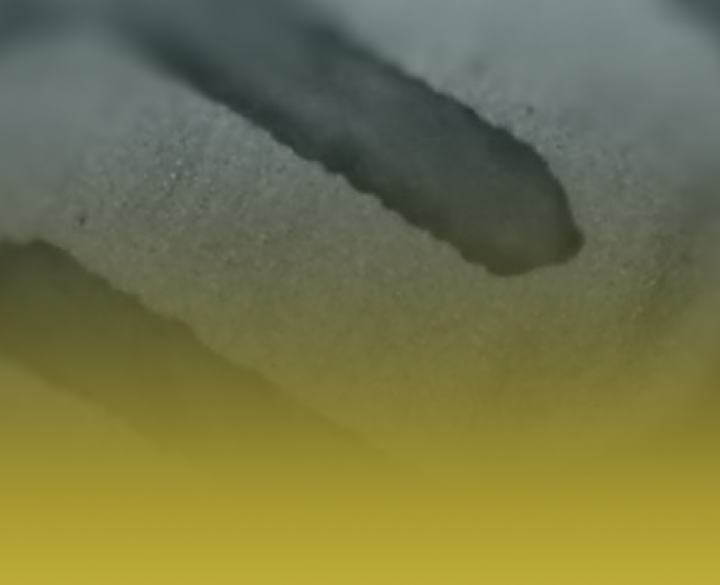The R&D activities of Centexbel-VKC support the textile, plastic converting and related companies with the explicit aim to reinforce the innovation capacity of small and medium-sized enterprises (SME) and to assist the industry in its transition to a sustainable future. As a research institution created by and for the industry, we initiate and participate in publicly funded pre-competitive research projects and in market-oriented contract research projects.
To guarantee total impartiality and to avoid any conflict of interest, we explicitly exclude all product development in those areas covered by the CE certification scope for which we are accredited.




